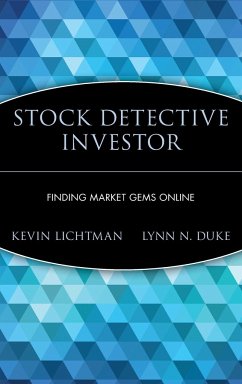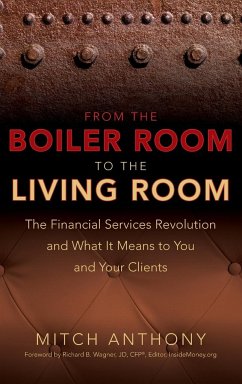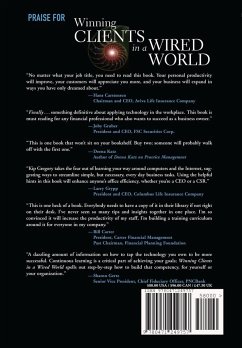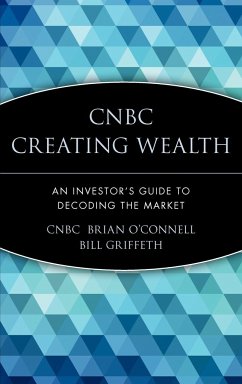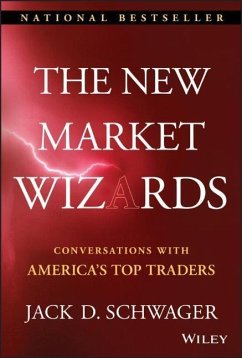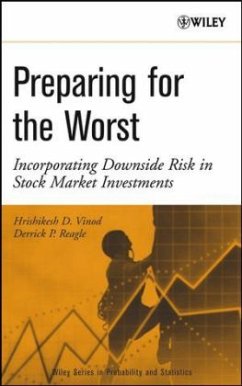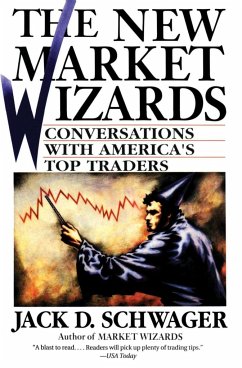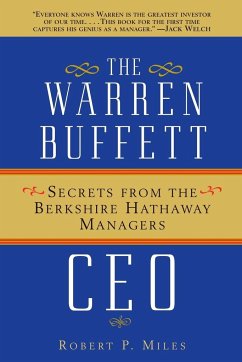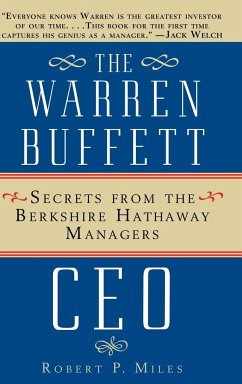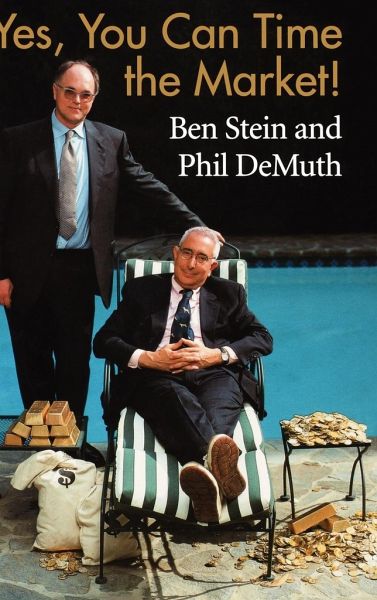
Yes, You Can Time the Market!

PAYBACK Punkte
15 °P sammeln!
Praise for Yes, You Can Time the Market! "'Buy and hold' makes sense for the average investor in stocks. Even better, say Stein and DeMuth, is to buy only when prices are low and hold when prices are high, keeping accumulating savings in Treasuries while waiting for 'low' prices. They define 'low' and 'high' prices by historical experience. An interesting and thoughtful analysis." -Professor Milton Friedman University of Chicago, Hoover Center Nobel Prize Winner in Economics, 1976 "Wall Street, prepare yourself. Ben and Phil hit the nail on the head with their insightful guide to investing. No...
Praise for Yes, You Can Time the Market! "'Buy and hold' makes sense for the average investor in stocks. Even better, say Stein and DeMuth, is to buy only when prices are low and hold when prices are high, keeping accumulating savings in Treasuries while waiting for 'low' prices. They define 'low' and 'high' prices by historical experience. An interesting and thoughtful analysis." -Professor Milton Friedman University of Chicago, Hoover Center Nobel Prize Winner in Economics, 1976 "Wall Street, prepare yourself. Ben and Phil hit the nail on the head with their insightful guide to investing. No gimmicks, no games, just tapping the true power of economics to make sensible investment decisions. Add to that the authors' dry wit, and this handbook is a must-read for investors small and large." -Diane C. Swonk Director of Economics, Chief Economist Senior Vice President, Bank One Corporation " The logic and reasoning are persuasive. Stein and DeMuth buttress them with evidence, lots of it. The term 'valuable' properly applies to the guidance of the conclusions." -C. Lowell Harriss Professor Emeritus of Economics Columbia University "How refreshing to read commonsense advice about the stock market! Stein and DeMuth's findings are both verifiable and free of quantitative trickery. What's more, their writing is as clear and straightforward as the methods they recommend." -Martin Fridson author, It Was a Very Good Year: Extraordinary Moments in Stock Market History





